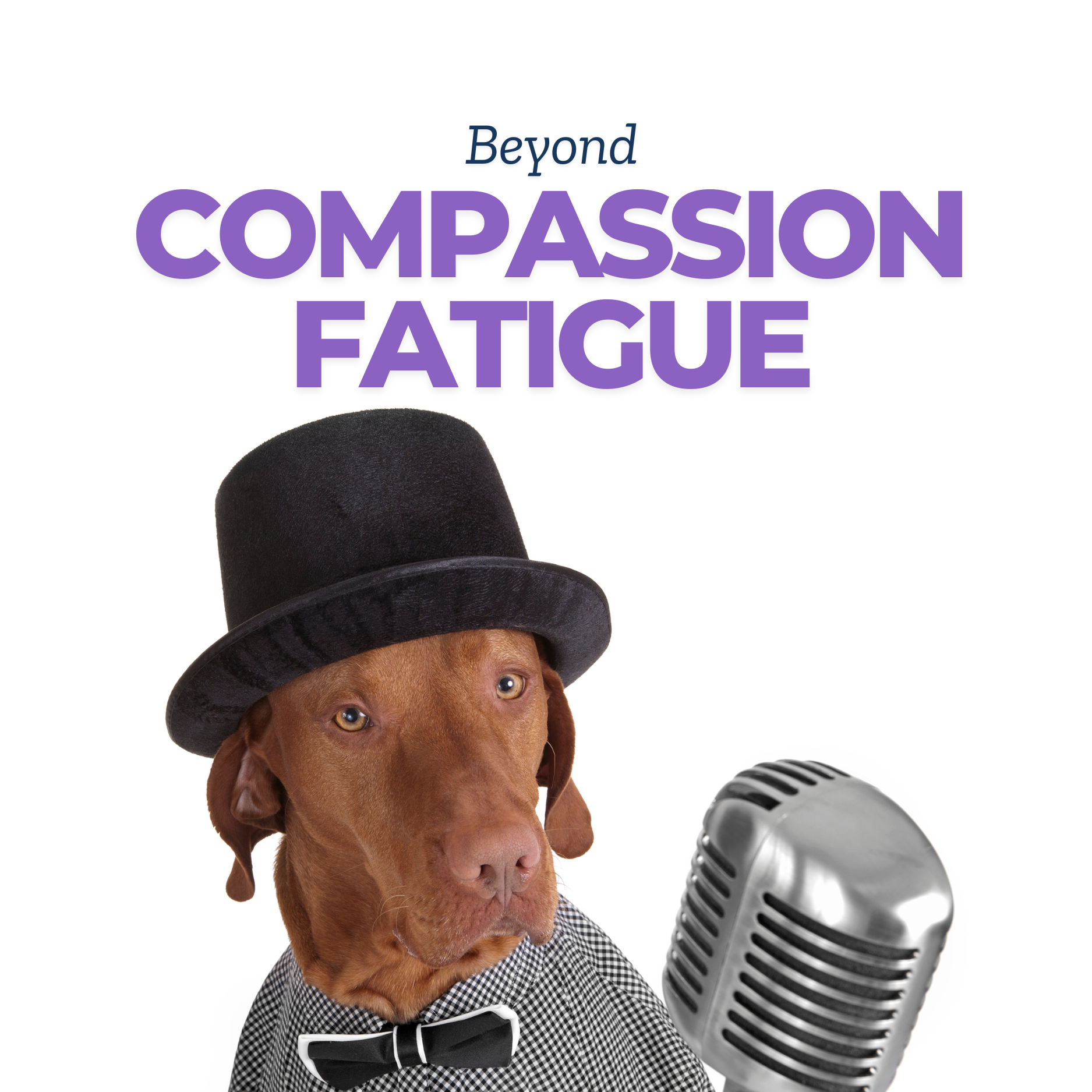Listen "Ep. 14: Let's Talk About "Big T" and "Little T" Trauma"
Episode Synopsis
In this solo episode, we’re diving deep into a topic that touches nearly everyone working or volunteering in animal care, welfare, and activism: trauma. More specifically, we explore the difference between Big T trauma (major, acute, often life-threatening events) and little t trauma (chronic, cumulative stressors that wear you down over time)—and why both deserve serious attention.
Whether you’re on the front lines of rescue, working behind the scenes in advocacy, or supporting animals through veterinary, shelter, or sanctuary work, this episode will help you recognize how trauma might be affecting you—and what you can do about it.
In this episode, you'll learn:
The origins of Big T and little t trauma in psychological research
How trauma manifests in animal-related roles—whether you're a shelter worker, vet tech, activist, or wildlife rehabber
The link between cumulative trauma and Secondary Traumatic Stress (STS)
Common physical, emotional, behavioral, and relational signs of trauma
Why we need to stop comparing or minimizing our pain
The power of self-compassionate language in trauma recovery
Simple but effective strategies to support your nervous system
Restorative practices and trauma-informed leadership tips
Reflective questions to guide your own healing journey
For free resources on managing compassion fatigue, check out https://www.beyondcompassionfatigue.com/
Whether you’re on the front lines of rescue, working behind the scenes in advocacy, or supporting animals through veterinary, shelter, or sanctuary work, this episode will help you recognize how trauma might be affecting you—and what you can do about it.
In this episode, you'll learn:
The origins of Big T and little t trauma in psychological research
How trauma manifests in animal-related roles—whether you're a shelter worker, vet tech, activist, or wildlife rehabber
The link between cumulative trauma and Secondary Traumatic Stress (STS)
Common physical, emotional, behavioral, and relational signs of trauma
Why we need to stop comparing or minimizing our pain
The power of self-compassionate language in trauma recovery
Simple but effective strategies to support your nervous system
Restorative practices and trauma-informed leadership tips
Reflective questions to guide your own healing journey
For free resources on managing compassion fatigue, check out https://www.beyondcompassionfatigue.com/
More episodes of the podcast Beyond Compassion Fatigue: Make Your Passion for Helping Animals Sustainable!
Ep. 26: Coping with Intrusive Thoughts
21/11/2025
Ep. 19: Battling Burnout
03/10/2025
Ep. 17: Are You an Empath?
19/09/2025
 ZARZA We are Zarza, the prestigious firm behind major projects in information technology.
ZARZA We are Zarza, the prestigious firm behind major projects in information technology.
